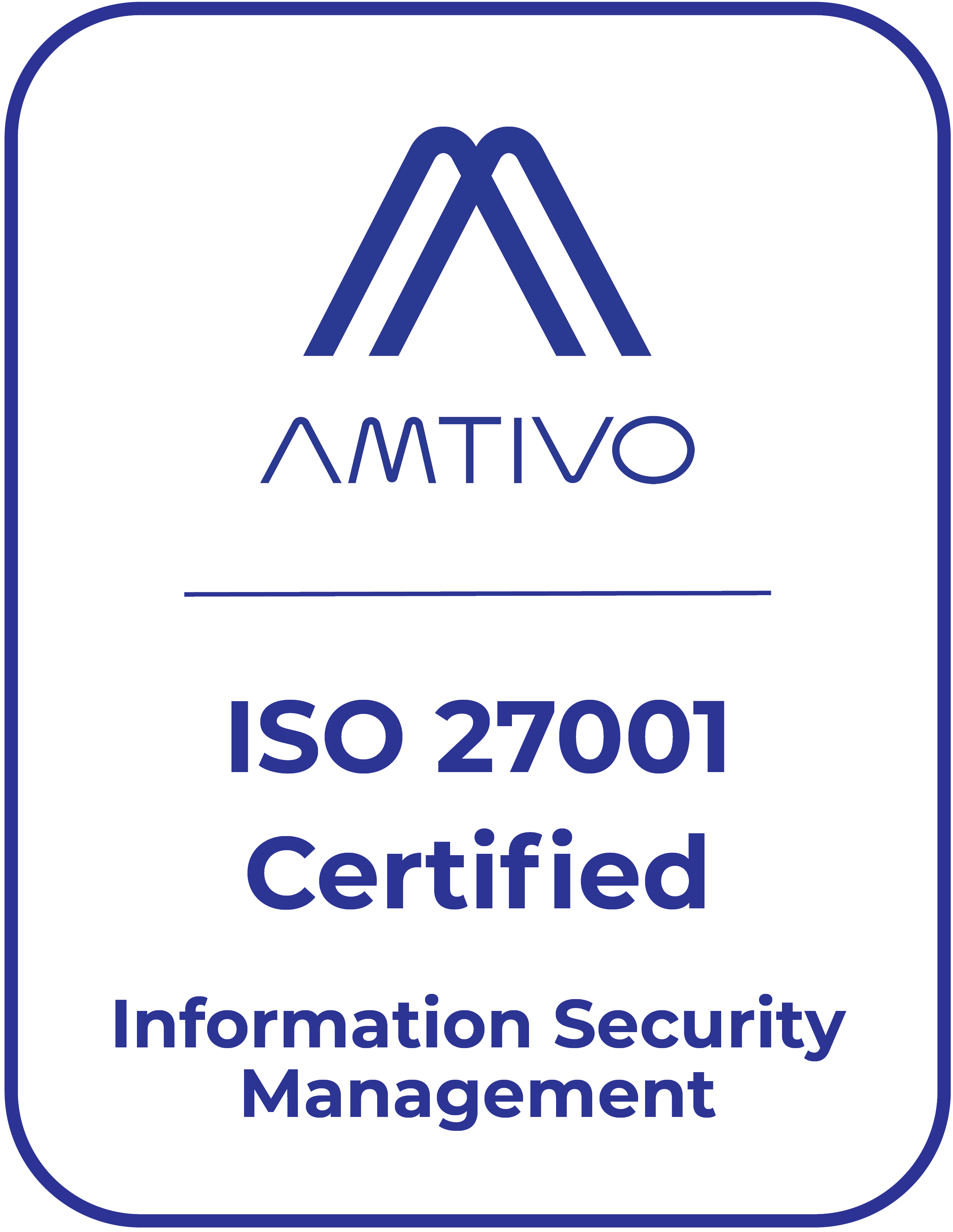Fonds Podiumkunsten

- AIMS provides Fonds Podiumkunsten staff with information at their fingertips.
- AIMS supports closer contact between Fonds Podiumkunsten and the sector.
- AIMS provides a balance between rigorous governance procedures and flexibility of use.
Fonds Podiumkunsten (the Netherlands’ Fund for Performing Arts) supports all performing arts disciplines via single organisation that supports the entire chain of performing arts. They support all areas of professional performing arts, mainly focusing on music, theatre, musicals and dance. The organisation has more than 50 employees and distributes around €60 million each year to retain and enhance what is already good in performing arts and to streamline those areas that require improvement.
The challenge
Fonds Podiumkunsten required a system that provided more efficient and effective ways to deliver services to grant applicants.
The solution
The AIMS system is used to gather information from artists and organisations, which is fed into a central database. This cloud-based database stores all information on each client centrally. This information is easily retrieved by members of the organisation, while retaining strict security regulations thanks to the AIMS permissions module. Each grant application follows an electronic workflow to ensure all applications are processed and assessed fairly and equally.
AIMS grant management softwar provides Fonds Podiumkunsten staff with information at their fingertips, and as a result, offers more efficient communication with artists and organisations.
Fonds Podiumkunsten now use the AIMS software to ensure closer contact with the sector and improved transparency, accessibility, and administrative procedures. In doing so, the fund has managed to strike the right balance between strong governance and flexibility.
“For us the benefit is that we can easily monitor on our goals by reporting on the plans and targets of our applicants. Also positive is the fact that the applications and contacts are always accessible for our internal users. They can now, much more easily than before, work at home.”
Application and Information Manager, Fonds Podiumkunsten

